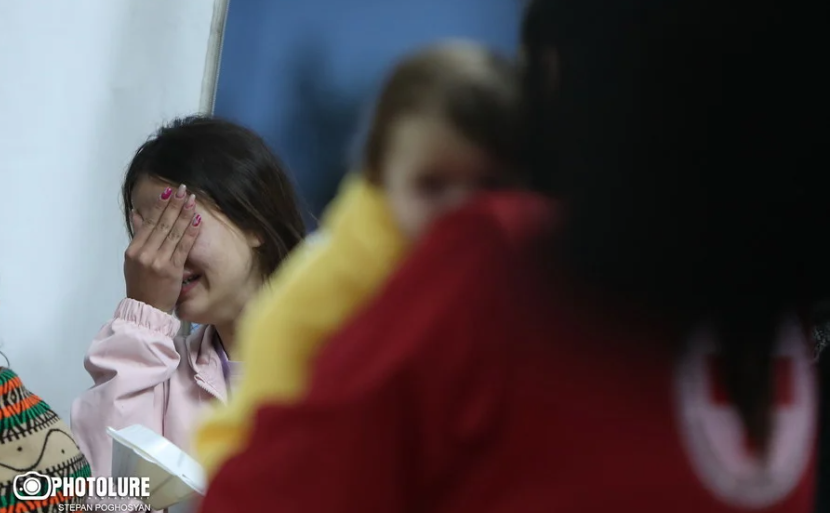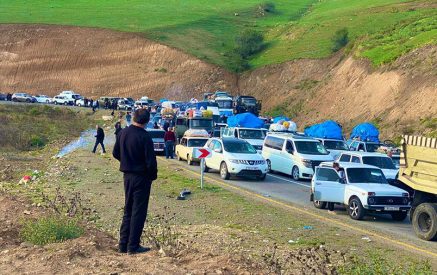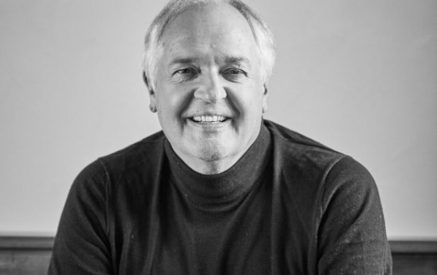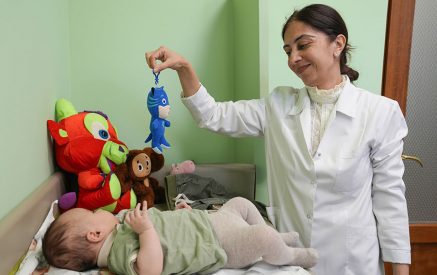A few months ago, information spread in various Facebook groups, as well as in the close circles of Artsakh residents, about people forcibly displaced from Artsakh who were getting Schengen visas at embassies in an accelerated manner and going to Europe. In these cases, they were helped by so-called “intermediaries” at the embassies for a fee of 4,500-5,000 euros per family member.
Since January 2024, those who already have a passport with the Artsakh code 070 were not allowed to cross the border of the Republic of Armenia without a “refugee paper,” with which Armenia took the displaced Artsakh citizens under its protection. It turned out that the people of Artsakh are refugees in their homeland, Armenia, and not refugees abroad.
The people of Artsakh who went to Europe are reluctant to share their stories. A few who agreed to speak with us asked to remain anonymous. They did not want to talk about the ways to reach Europe and the commissions involved. They advised not to get involved in these matters, warning that no one would openly say who is involved. They only said that getting to Europe is difficult, and life in Europe is also difficult, but the difficulties are overcome for the sake of their children’s future. The future that was lost in Artsakh and, unfortunately, not recovered in Armenia.
***
Read also
Marine (name changed) from Stepanakert now lives in Germany. They left Artsakh on September 25. They rented an apartment with an area of 29 square meters in Yerevan for a monthly payment of 200,000 drams.
They have three children, two of kindergarten age. They tried to place the children in a kindergarten so that they could work, but they did not succeed. Her husband could not find a job either. They were forced to leave Armenia and went to Germany, where they had relatives. They left in December, when it was not necessary to have a “refugee paper” to leave the country.
The family was met in Germany by their relative living there. They went to the reception center for refugees. They changed two camps in six months, now they live as a family of five in one of the German cities, in accommodation provided by the state. They haven’t met other Artsakh citizens in the city yet.
“The attitude towards us in the camp was very good, they provided us with everything necessary. The most difficult problem was not knowing the language, which we are trying to overcome,” says Marine.
They don’t work yet; they can’t, unless they have a work permit from the state. Instead, they learn German, try to adapt to the people of a new country with their children, but also miss their real home from afar. “We didn’t adapt here, we had to leave Artsakh… It seems to me that a person who has lost their homeland will hardly be able to adapt elsewhere. I didn’t even take pictures when we left the house, which I regret every day. I thought we would still go back.”
Their status in Germany is still uncertain. They have not received refugee status; it is still too early to talk about citizenship. They think that they will be able to find a job after learning the language.
“We feel safe and calm here. And the rest, as they say, time will tell,” says Marine.
***
Lusine (name changed) is also from Stepanakert. She has four children and three grandchildren, and now they are waiting for the fourth. In Artsakh, she was involved in various businesses for 20 years: she had a beauty salon, a confectionery, and grocery stores. They left Artsakh on September 25, taking only family photos.
“Everything can be overcome, but the thought that we left the graves of our relatives in Artsakh can drive us crazy,” Lusine says.
In December 2023, after spending a lot of money, they went to France as a family of seven, where they had relatives. At first, they lived in the rented apartment of their relative for two months. Then the migration service accommodated them in another apartment, where they live to this day. “I only like nature here. Do not think that everything is easy in a foreign country. My expectations were not fulfilled; moreover, I experienced disappointment in the beginning. Until now, we don’t even have medical insurance, not to mention the rest of the problems.”
The family lives in a small town of 45,000 people, from where it takes only two hours to reach Paris. The city is similar in size to Stepanakert, but the atmosphere is very different. There are very few people walking in the streets; the city seems deserted at certain times.
“We have nothing here, but in Artsakh, we had everything: work, prestige, honor, but most importantly, we had our homeland,” says Lusine.
There are many refugees from different places in France. They also know other Artsakh residents who have settled here. Many have a hard time adapting, but when they remember how much money they spent to get to France, they have to endure. “Actually, conditions have been created for you to leave the country of your own free will and go, but they don’t understand that we have lost our home and homeland; where should we go now?”
There are a number of factors that determine the future of a refugee in a European country, such as which region of the country you go to, which organization takes you under its wing, and how many members your family consists of. Small families are generally accommodated in dormitories or camps with shared bathrooms and kitchens, while large families are provided with separate shelters. However, the main advantage in adapting and settling in the country is knowing the language.
They attend French lessons every day and also study at home with family members. They say that French is a difficult language and it takes a lot of time and effort to master it.
“It is very sad that children are forgetting our language. We try to preserve Armenian at home, but the environment has an influence. That’s why I constantly think about going back,” Lusine worries.
Local Armenians sometimes give them some work to do, and they earn small amounts of money, but this is done internally. Only after six months can refugees apply for the right to work. “We have no status; we are in limbo. They want to adopt a special law for the people of Artsakh, as they did for the Ukrainians, but we are still waiting. The history of every Artsakh citizen is unique; no one’s story is similar to another. But we are all in a waiting and uncertain state.”
According to official data, as of June 1, 2024, more than 10,000 Artsakh citizens who left Armenia by air and land have not returned. Comparative analysis of regularly published figures shows that the number of Artsakh residents emigrating from Armenia has been increasing since the end of last year.
Anush PETROSYAN
“Aravot” daily newspaper
10.07.2024






















































